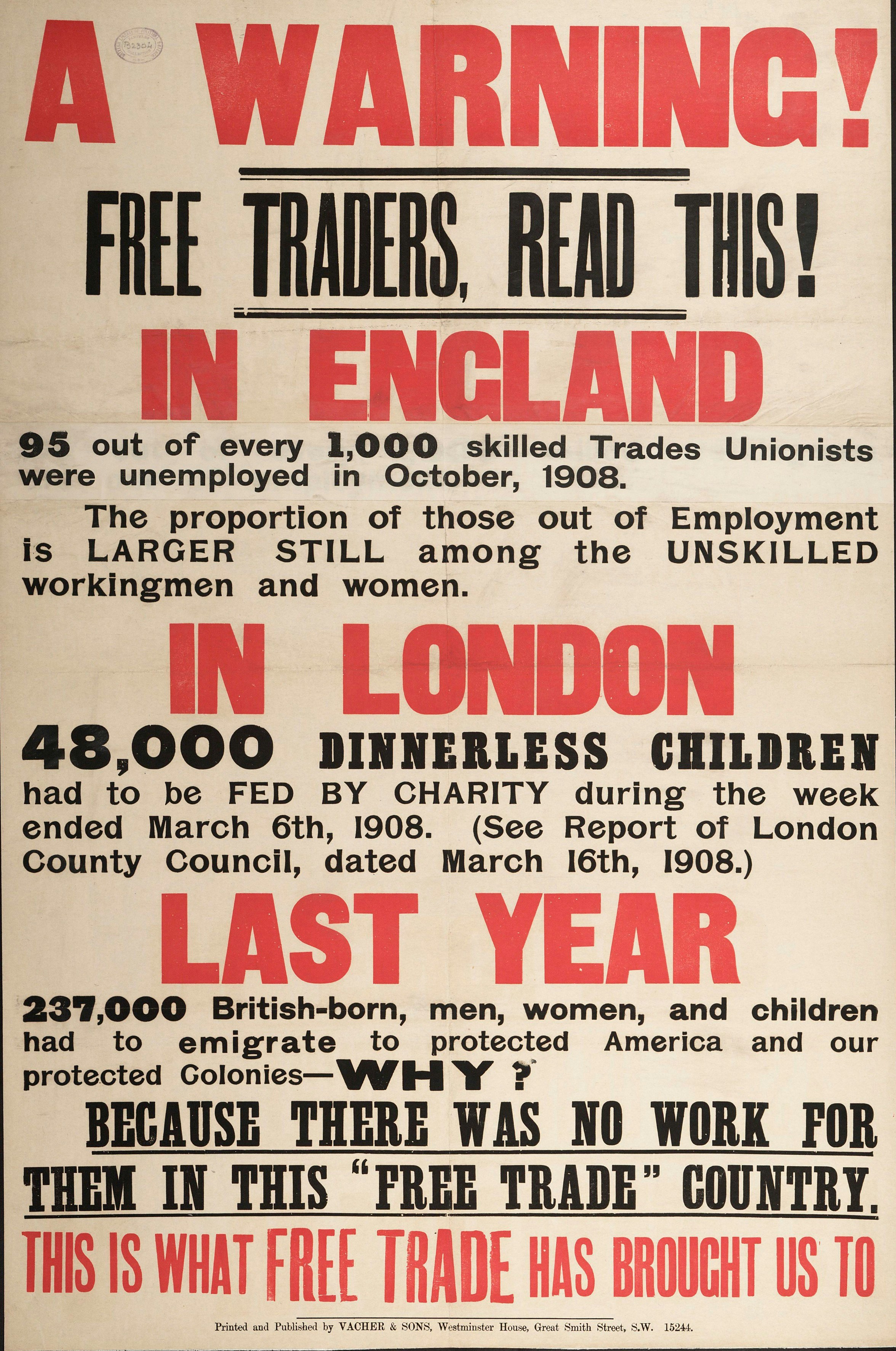
Meta on Monday was fined a document 1.2 billion euros ($1.three billion) and ordered to cease transferring information collected from Fb customers in Europe to the USA, in a serious ruling towards the social media firm for violating European Union information safety guidelines.
The penalty, introduced by Eire’s Information Safety Fee, is doubtlessly some of the consequential within the 5 years for the reason that European Union enacted the landmark information privateness regulation often called the Basic Information Safety Regulation. Regulators mentioned the corporate didn’t adjust to a 2020 resolution by the E.U.’s highest courtroom that information shipped throughout the Atlantic was not sufficiently shielded from American spy businesses.
The ruling introduced on Monday applies solely to Fb and never Instagram and WhatsApp, which Meta additionally owns. Meta mentioned it will enchantment the choice and that there can be no instant disruption to Fb’s service within the Europe Union.
A number of steps stay earlier than the corporate should cordon off the info of Fb customers in Europe — data that might embrace pictures, pal connections, direct messages and information collected for focusing on promoting. The ruling comes with a grace interval of a minimum of 5 months for Meta to conform. And the corporate’s enchantment will arrange a doubtlessly prolonged authorized course of.
European Union and American officers are negotiating a brand new data-sharing pact that would offer new authorized protections for Meta to proceed shifting details about customers between the USA and Europe. A preliminary deal was introduced final 12 months.
But the E.U. resolution reveals how authorities insurance policies are upending the borderless approach that information has historically moved. Because of data-protection guidelines, nationwide safety legal guidelines and different laws, corporations are more and more being pushed to retailer information inside the nation the place it’s collected, moderately than permitting it to maneuver freely to information facilities world wide.
The case towards Meta stems from U.S. insurance policies that give intelligence businesses the flexibility to intercept communications from overseas, together with digital correspondence. In 2020, an Austrian privateness activist, Max Schrems, received a lawsuit to invalidate a U.S.-E.U. pact, often called Privateness Protect, that had allowed Fb and different corporations to maneuver information between the 2 areas. The European Courtroom of Justice mentioned the chance of U.S. snooping violated the basic rights of European customers.
“Until U.S. surveillance legal guidelines get fastened, Meta should essentially restructure its methods,” Mr. Schrems mentioned in a press release on Monday. The answer, he mentioned, was seemingly a ”federated social community” during which most private information would keep within the E.U. apart from “needed” transfers like when a European sends a direct message to someone in the USA.
On Monday, Meta mentioned it was being unfairly singled out for data-sharing practices utilized by 1000’s of corporations.
“With out the flexibility to switch information throughout borders, the web dangers being carved up into nationwide and regional silos, limiting the worldwide economic system and leaving residents in several international locations unable to entry most of the shared providers we have now come to depend on,” Nick Clegg, Meta’s president of world affairs, and Jennifer Newstead, the chief authorized officer, mentioned in a press release.
The ruling, which is a document effective beneath the G.D.P.R., had been anticipated. Final month, Susan Li, Meta’s chief monetary officer, informed buyers that about 10 % of its worldwide advert income got here from advertisements delivered to Fb customers in E.U. international locations. In 2022, Meta had income of almost $117 billion.
Meta and different corporations are relying on a brand new information settlement between the USA and the European Union to switch the one invalidated by European courts in 2020. Final 12 months, President Biden and Ursula von der Leyen, the president of the European Union, introduced the outlines of a deal in Brussels, however the particulars are nonetheless being negotiated.
Meta faces the prospect of getting to delete huge quantities of information about Fb customers within the European Union, mentioned Johnny Ryan, senior fellow on the Irish Council for Civil Liberties. That might current technical difficulties given the interconnected nature of web corporations.
“It’s onerous to think about the way it can adjust to this order,” mentioned Mr. Ryan, who has pushed for stronger data-protection insurance policies.
The choice towards Meta comes nearly precisely on the five-year anniversary of G.D.P.R. Initially held up as a mannequin information privateness regulation, many civil society teams and privateness activists have mentioned it has not fulfilled its promise due to lack of enforcement.
A lot of the criticism has targeted on a provision that requires regulators within the nation the place an organization has its European Union headquarters to implement the far-reaching privateness regulation. Eire, dwelling to the regional headquarters of Meta, TikTok, Twitter, Apple and Microsoft, has confronted essentially the most scrutiny.
On Monday, Irish authorities mentioned they had been overruled by a board made up of representatives from E.U. international locations. The board insisted on the €1.2 billion effective and forcing Meta to handle previous information collected about customers, which might embrace deletion.
“The unprecedented effective is a powerful sign to organizations that severe infringements have far-reaching penalties,” mentioned Andrea Jelinek, the chairwoman of the European Information Safety Board, the E.U. physique that set the effective.
Meta has been a frequent goal of regulators beneath the G.D.P.R. In January, the corporate was fined €390 million for forcing customers to simply accept personalised advertisements as a situation of utilizing Fb. In November, it was fined one other €265 million for a knowledge leak.






